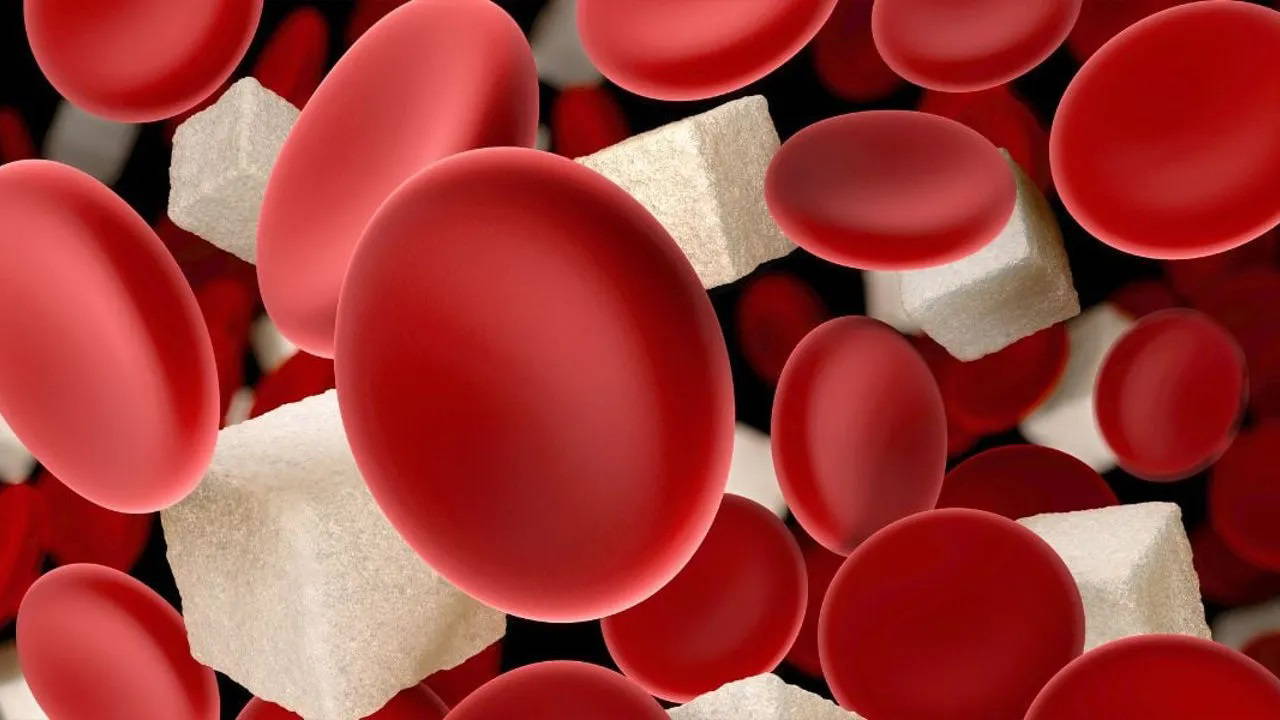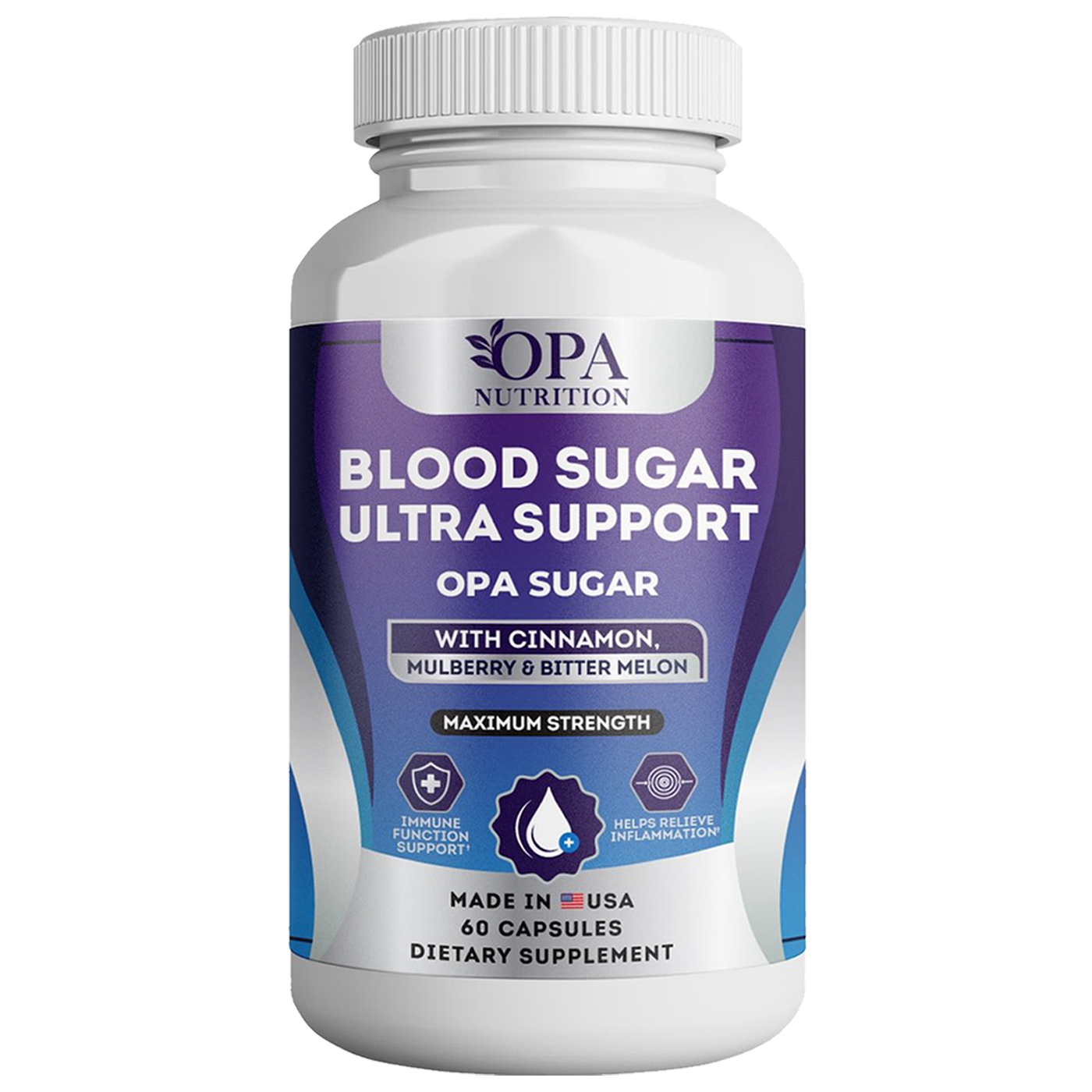By including certain nutrient-dense foods, such as beans, dark green vegetables, nuts and seeds, oatmeal, broccoli, citrus fruits, fish and eggs, in your diet, you can help lower your blood sugar levels quickly. These foods are packed with vitamins, minerals, and fiber, which can help regulate your blood sugar levels and keep them in check. Eating these foods regularly can help you maintain healthy blood sugar levels and reduce your risk of developing diabetes.
High blood sugar levels can take a toll on your health and wellbeing. Finding effective and lasting ways to reduce these levels is essential for protecting yourself from serious medical complications, such as diabetes and heart disease.
In this article, we explore tips and strategies for quickly and safely reducing your blood sugar, from eating foods to lower blood sugar to exercising more frequently. We'll also look at natural remedies like blood sugar support supplements, medications and other lifestyle modifications you should consider if you're concerned about your blood sugar levels.
With our detailed guide, you'll be able to make informed decisions that help you lower and manage your blood sugar quickly and efficiently.
Exercise

Intensity of the Workout
Intensity of the Workout
Choose the Right Type of Exercise
Limit Your Carb Intake
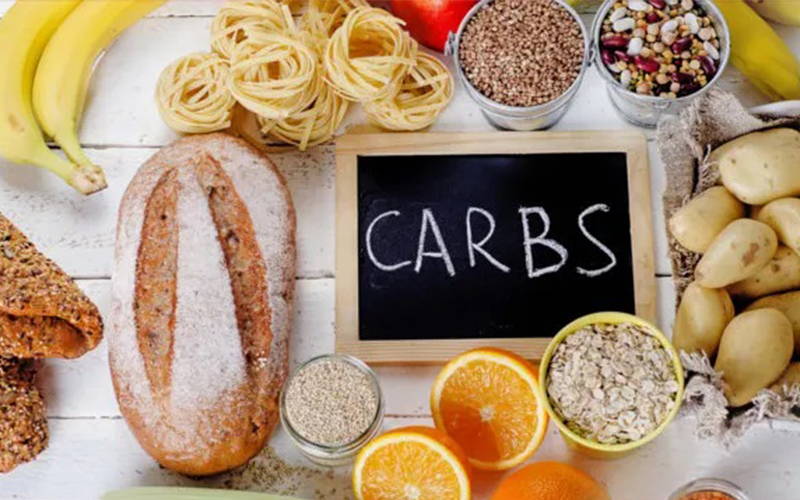
Weisenberger and Crandall Snyder also advise spreading food out over the day rather than saving up for a big dinner. Eating smaller, more frequent meals may also improve insulin sensitivity and help lower blood sugar levels. Snacking between meals should be limited to less than 15 grams of carbs per snack. Small meals and healthy snacks may help reduce HbA1c readings, an indicator of diabetes control.
Avoid Refined Carbs
Increase Fiber Intake
Stay Hydrated

Monitor Your Blood Sugar Levels
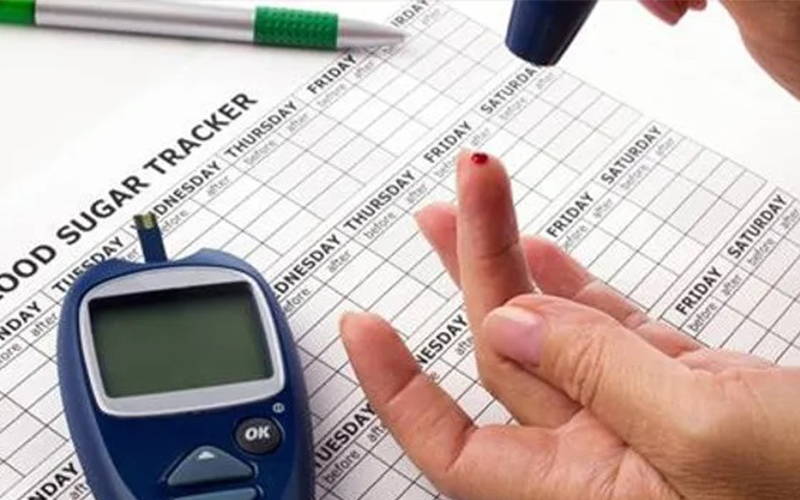
Check for Ketones
Keep a Log
Get Adequate Sleep
Stress Management

Supplements and Medications
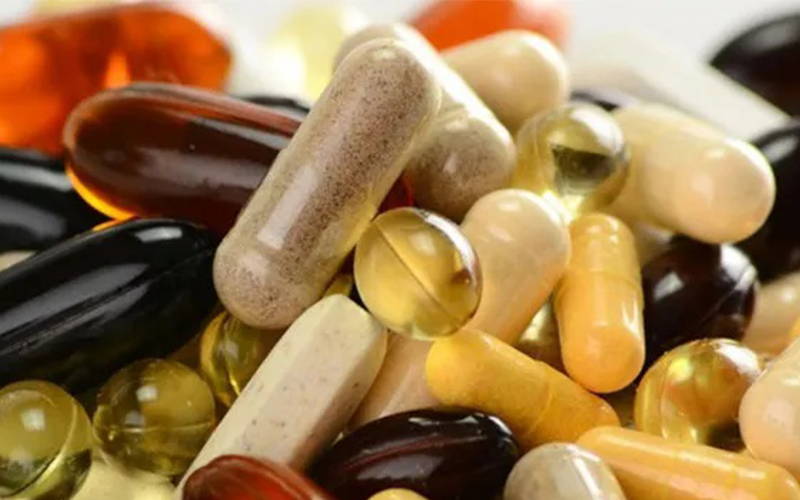
Summary
Frequently Asked Questions
What food can lower blood sugar quickly?
What drink lowers blood sugar?
Consuming water, unsweetened tea and coffee, almond milk, vegetable juice, and low-sugar smoothies are great ways to keep your blood sugar levels in check. Drinking these beverages can help lower blood sugar and enhance overall health.
Can drinking water lower blood sugar?
Drinking water can help lower your blood sugar levels by preventing your body from retaining excess sugar. Studies have shown that drinking more water can reduce the risk of developing high blood sugar levels and is a much healthier option than sugary drinks, which can raise your blood sugar level even further.
What should I eat if my sugar is high?
If your sugar is high, it is wise to focus on eating nutrient-dense carbohydrates such as whole grains, fruits, and vegetables. Additionally, lean proteins, healthy fats, and low-fat dairy products are beneficial for keeping your sugar levels in check.
Choosing these foods can help you maintain a healthy lifestyle.
What food brings down blood sugar quickly?
Eating a combination of foods such as legumes, nuts, lean proteins, fruits, vegetables, and whole grains can help to quickly lower blood sugar levels.
Foods high in chromium and magnesium, such as meats, dark leafy greens, squash and pumpkin seeds, tuna, dark chocolate, bananas, and beans, are especially beneficial.
Recent Posts
Author

Michael has a diverse set of skills and passions, with a full-time career as an airline pilot and a dedicated focus on health and fitness consulting. He understands the importance of balancing a busy lifestyle with maintaining a healthy mind and body, and is committed to helping others achieve the same success. Michael's expertise in health and fitness is not just limited to physical training, but also extends to nutrition, stress management, and overall wellbeing. He takes a holistic approach to health and fitness, helping clients to achieve their goals in a sustainable and fulfilling way. With a strong desire to inspire and motivate others, Michael is always ready to share his time and knowledge with those who seek his guidance. Whether in the air or on the ground, Michael is dedicated to helping others live their best lives.

